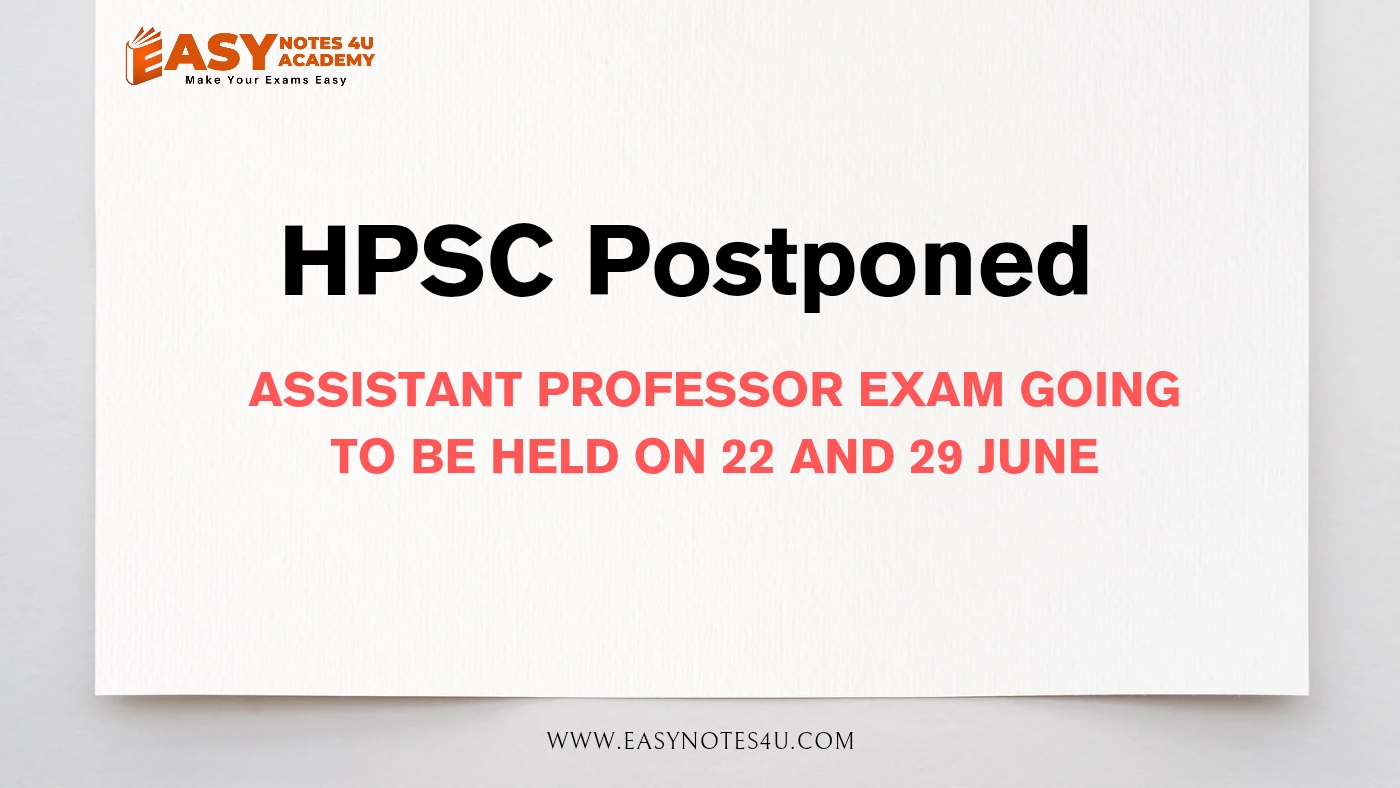
ABSTRACT:
On August 1st, a seven-judge bench of the Supreme Court delivered a landmark judgment that reshaped the landscape of reservation policies in India. The Court’s decision to uphold the State of Punjab’s move to create sub-classifications within the Scheduled Castes has sparked a new chapter in the ongoing debate over social justice and affirmative action. This ruling, which diverges from previous legal interpretations, underscores the evolving understanding of equality, where addressing nuanced disparities within marginalized groups is seen as crucial to achieving true social equity.
Let’s understand the root of this judgement and ongoing debate.

Introduction
On August 1st, a significant shift occurred in India’s legal landscape as a seven-judge bench of the Supreme Court delivered a groundbreaking verdict. The Court upheld the Punjab government’s decision to introduce sub-classifications within the Scheduled Castes (SC) category, a move that has sparked widespread debate and holds the potential to reshape the framework of reservation policies in India. This judgment marks a departure from previous judicial interpretations, recognizing the need to address disparities within marginalized groups to achieve true social justice.
Article 341: The Constitutional Bedrock of SC Reservations
Article 341 of the Indian Constitution is foundational to the concept of reservations for Scheduled Castes. It empowers the President, through a public notification, to identify and list “castes, races, or tribes” that have suffered historical injustices, particularly untouchability, and to designate them as SCs. These groups are collectively granted 15% reservation in education and public employment to redress the systemic inequalities they have faced. However, as the years passed, it became evident that the benefits of these reservations were not being evenly distributed among all SC communities.
Judicial Challenges and the Need for Sub-Classifications
The recognition that some groups within the SC list were significantly underrepresented compared to others led various state governments to explore the possibility of sub-classifying SCs to ensure a more equitable distribution of benefits. However, these efforts were frequently met with judicial resistance, as courts grappled with the constitutional implications of such measures.

The 1975 Punjab Notification: A Pioneering Yet Controversial Step
In 1975, Punjab took a pioneering step by issuing a notification that gave first preference in SC reservations to the Balmiki and Mazhabi Sikh communities, which were among the most economically and socially disadvantaged in the state. This move aimed to ensure that the most marginalized sections within the SC category received the support they needed.
However, the notification soon faced legal challenges, culminating in a pivotal moment in 2004 when the Supreme Court ruled against a similar law in Andhra Pradesh in the E V Chinniah case.
E V Chinnaiah: A Landmark Ruling with Lasting Impact
The Supreme Court’s decision in E V Chinniah set a precedent that would influence subsequent judicial rulings on the issue of sub-classifications within the SC category. The Court held that any attempt to differentiate within the SC list amounted to altering the list itself—a power that the Constitution exclusively vests in the President and Parliament under Article 341. Moreover, the Court ruled that such sub-classifications violated the right to equality under Article 14 of the Constitution, thereby effectively halting efforts by states to introduce further distinctions within the SC category.
Punjab’s Persistence and the Path to the Supreme Court
Despite the setback of the E V Chinnaiah ruling, the Punjab government remained committed to its policy of ensuring that the most disadvantaged sub-castes within the SC category received adequate representation. In 2006, Punjab enacted the Punjab Scheduled Caste and Backward Classes (Reservation in Services) Act, reintroducing the preferential treatment for the Balmiki and Mazhabi Sikh communities. This Act was quickly challenged by Davinder Singh, a member of a non-Balmiki, non-Mazhabi Sikh SC community.
FACTS OF THE CASE:
Davinder Singh v. State of Punjab, (2020):
The controversy began when Davinder Singh and other respondents, belonging to the Scheduled Caste (SC) category, challenged the Punjab Government’s decision to create sub-classifications within the Scheduled Castes for the purpose of reservation in public employment and educational institutions. The Punjab government, through an executive order, had sought to divide the 50% reservation for SCs into various sub-categories, thereby allocating different percentages of reservation to different sub-groups within the SC community. The intent behind this was to ensure that the benefits of reservation were not monopolized by a few dominant sub-castes within the SC category.
Davinder Singh and the other petitioners argued that this sub-classification violated their constitutional rights, particularly the principles of equality under Articles 14, 15, and 16 of the Indian Constitution. They contended that all SCs, irrespective of their sub-caste, should be treated equally and that any further classification would defeat the purpose of affirmative action.
Proceedings in the Lower Courts
The case was first brought before the Punjab and Haryana High Court. The High Court struck down the Punjab government’s order, holding that the state had no authority to create sub-classifications within the SC category for the purpose of reservations. The High Court reasoned that the Constitution provides for reservations to be made in favor of SCs as a homogeneous group, and any attempt to sub-classify them would be unconstitutional.
The Punjab & Haryana High Court struck down the Act in 2010, leading to an appeal to the Supreme Court.
Reconsideration of E V Chinnaiah: The Turning Point
In 2020, the Supreme Court, under a Constitution Bench headed by Justice Arun Mishra, decided that the E V Chinnaiah decision warranted reconsideration. The Bench observed that the Court could not ignore the “stark realities” facing the most disadvantaged communities within the SC category. Crucially, the Bench challenged the notion that SCs constitute a homogeneous group, acknowledging the existence of significant disparities within the SC list. This recognition laid the groundwork for the Court’s August 1st ruling, which upheld the Punjab government’s decision to create sub-classifications within the SC category.

Supreme Court’s Verdict
The case reached the Supreme Court, where it was heard by a larger bench due to the significant constitutional questions involved. The Supreme Court, in its judgment delivered on 01 August 2024, ruled in favor of the State of Punjab, thereby upholding the state’s decision to sub-classify Scheduled Castes.
The Court’s majority opinion, delivered by a six-judge bench, held that the state does have the power to make sub-classifications within the SC category. The Court reasoned that such sub-classifications were necessary to ensure that the benefits of reservation reached the most marginalized and deprived sub-castes within the SC category. The judgment emphasized that the objective of reservations is not merely formal equality but substantive equality, which sometimes requires differential treatment of unequal.
Key Points from the Judgment:
- Substantive Equality: The Court underscored that the aim of reservation policies is to achieve substantive equality, and to do so, it may be necessary to treat different groups within the SC category differently based on their levels of deprivation.
- State’s Power: The judgment affirmed that state governments have the power to create sub-classifications within the SC category, provided that the decision is based on objective criteria and is aimed at achieving the broader goal of social justice.
- No Homogeneous Group: The Court observed that the SC category is not a homogeneous group and that there exist stark differences in the socio-economic status of various sub-castes. Therefore, treating them all as equals under the reservation policy would perpetuate inequalities.
- Precedent Setting: This judgment set an important precedent, as it allows states more flexibility in implementing reservation policies tailored to the specific needs of different communities.
Related Cases and Precedents
The Supreme Court’s ruling in State of Punjab vs. Davinder Singh drew heavily from previous landmark judgments:
- Indra Sawhney vs. Union of India (1992): This case, also known as the Mandal Commission case, laid down the principle that reservations should be aimed at achieving equality by providing opportunities to the backward classes. The Court allowed for the exclusion of the “creamy layer” but stopped short of permitting sub-classification within SCs.
- E.V. Chinnaiah vs. State of Andhra Pradesh (2004): This case specifically dealt with the issue of sub-classification within Scheduled Castes. The Supreme Court in this case had held that states cannot create sub-categories within the SC category, as it would violate the principles of equality. However, the Davinder Singh case revisited this precedent and provided a more nuanced interpretation.
- M. Nagaraj vs. Union of India (2006): The Supreme Court upheld the validity of reservation in promotions for SCs and STs, provided that the state demonstrates the backwardness of the class and inadequate representation. This case highlighted the need for a more granular approach to reservations, which the Davinder Singh ruling has furthered.
Conclusion
The Supreme Court’s judgment in State of Punjab vs. Davinder Singh marks a significant development in Indian constitutional law. By allowing states to create sub-classifications within the SC category, the Court has opened the door for more targeted affirmative action policies that can better address the specific needs of different sub-groups within the broader category of Scheduled Castes. This ruling, however, is not without controversy, as it challenges the notion of treating SCs as a monolithic group and raises questions about the future trajectory of reservation policies in India. As the country grapples with the implications of this judgment, it is clear that the debate over reservations and social justice is far from settled.
Discover more from Easy Notes 4U Academy
Subscribe to get the latest posts sent to your email.











0 Comments